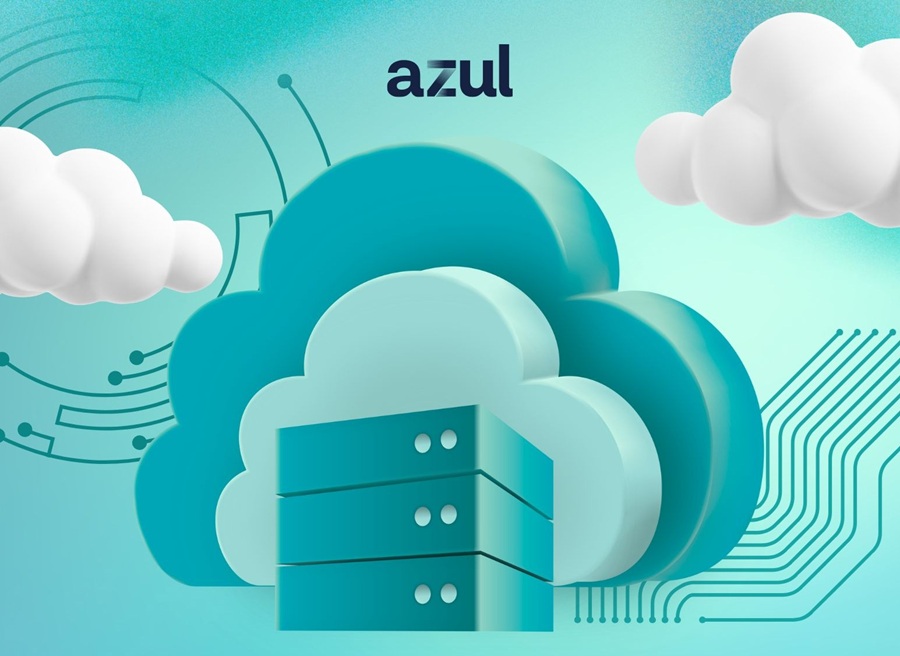Anomalo announced a partnership with Google Cloud to help organizations trust the data they use to make decisions and build products.
The combination provides customers with a way to monitor the quality of the data in any table in BigQuery’s platform without writing code, configuring rules or setting thresholds.
Today’s modern data-powered organizations are using BigQuery to perform real-time, predictive analytics on their centralized data and build and operationalize machine learning (ML) models at scale. However, dashboards and production models are only as good as the quality of the data that powers them. Many data-powered companies quickly encounter one unfortunate fact: much of their data is missing, stale, corrupt or prone to unexpected and unwelcome changes. As a result, companies spend more time dealing with issues in their data rather than unlocking that data’s value.
Anomalo addresses the data quality problem by monitoring enterprise data and automatically detecting and root-causing data issues, allowing teams to resolve any hiccups with their data before making decisions, running operations or powering models. Anomalo uses ML to automatically assess for a wide range of data quality issues, including deep data observability that learns when there’s an unexpected trend or correlation inside the data itself. If desired, enterprises can fine-tune Anomalo’s monitoring using no-code key metrics and validation rules or by defining any custom SQL check.
With Anomalo, organizations can now begin monitoring the quality of their data in less than five minutes. They simply connect Anomalo’s data quality platform to their BigQuery account and select the tables they wish to monitor. No further configuration or code is required.
“Organizations using data to make decisions or as an input into ML models need to ensure accuracy and quality. With Anomalo’s continuous monitoring, customers can ensure their data is always accurate, even as it evolves over time,” said Naveen Punjabi, Director, Analytics & Data Science Partnerships, Google Cloud.
“I have always been a fan of Google Cloud’s customer centric approach to building products. BigQuery has allowed customers to democratize access to data and connect more source systems than ever before to unlock new BI and ML use cases. But next-generation ML and analytics solutions are only as good as the data they’re built on. Enterprises need deep data observability tools like Anomalo that can help them detect and resolve complicated data issues, before issues affect BI dashboards and reports or downstream ML models,” said Elliot Shmukler, Co-founder and CEO of Anomalo.
The Latest
As enterprises accelerate their cloud adoption strategies, CIOs are routinely exceeding their cloud budgets — a concern that's about to face additional pressure from an unexpected direction: uncertainty over semiconductor tariffs. The CIO Cloud Trends Survey & Report from Azul reveals the extent continued cloud investment despite cost overruns, and how organizations are attempting to bring spending under control ...

According to Auvik's 2025 IT Trends Report, 60% of IT professionals feel at least moderately burned out on the job, with 43% stating that their workload is contributing to work stress. At the same time, many IT professionals are naming AI and machine learning as key areas they'd most like to upskill ...
Businesses that face downtime or outages risk financial and reputational damage, as well as reducing partner, shareholder, and customer trust. One of the major challenges that enterprises face is implementing a robust business continuity plan. What's the solution? The answer may lie in disaster recovery tactics such as truly immutable storage and regular disaster recovery testing ...
IT spending is expected to jump nearly 10% in 2025, and organizations are now facing pressure to manage costs without slowing down critical functions like observability. To meet the challenge, leaders are turning to smarter, more cost effective business strategies. Enter stage right: OpenTelemetry, the missing piece of the puzzle that is no longer just an option but rather a strategic advantage ...
Amidst the threat of cyberhacks and data breaches, companies install several security measures to keep their business safely afloat. These measures aim to protect businesses, employees, and crucial data. Yet, employees perceive them as burdensome. Frustrated with complex logins, slow access, and constant security checks, workers decide to completely bypass all security set-ups ...

In MEAN TIME TO INSIGHT Episode 13, Shamus McGillicuddy, VP of Research, Network Infrastructure and Operations, at EMA discusses hybrid multi-cloud networking strategy ...
In high-traffic environments, the sheer volume and unpredictable nature of network incidents can quickly overwhelm even the most skilled teams, hindering their ability to react swiftly and effectively, potentially impacting service availability and overall business performance. This is where closed-loop remediation comes into the picture: an IT management concept designed to address the escalating complexity of modern networks ...
In 2025, enterprise workflows are undergoing a seismic shift. Propelled by breakthroughs in generative AI (GenAI), large language models (LLMs), and natural language processing (NLP), a new paradigm is emerging — agentic AI. This technology is not just automating tasks; it's reimagining how organizations make decisions, engage customers, and operate at scale ...
In the early days of the cloud revolution, business leaders perceived cloud services as a means of sidelining IT organizations. IT was too slow, too expensive, or incapable of supporting new technologies. With a team of developers, line of business managers could deploy new applications and services in the cloud. IT has been fighting to retake control ever since. Today, IT is back in the driver's seat, according to new research by Enterprise Management Associates (EMA) ...
In today's fast-paced and increasingly complex network environments, Network Operations Centers (NOCs) are the backbone of ensuring continuous uptime, smooth service delivery, and rapid issue resolution. However, the challenges faced by NOC teams are only growing. In a recent study, 78% state network complexity has grown significantly over the last few years while 84% regularly learn about network issues from users. It is imperative we adopt a new approach to managing today's network experiences ...

